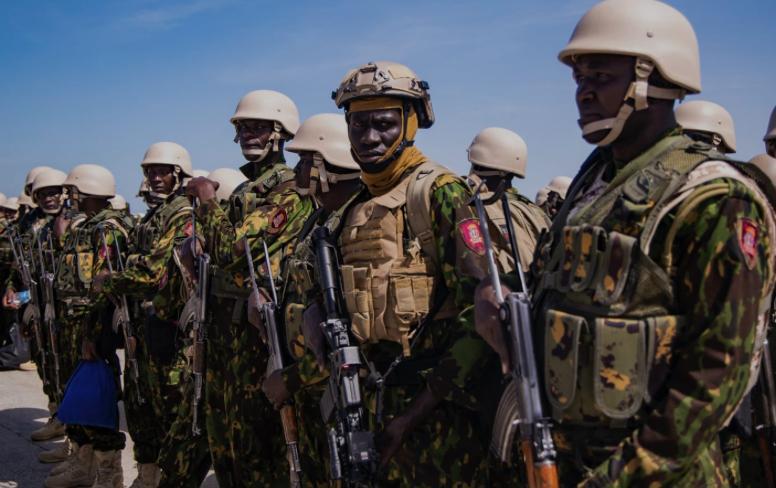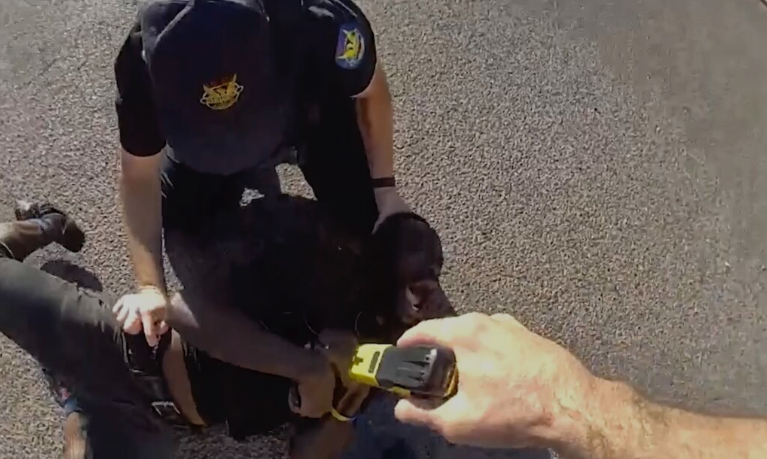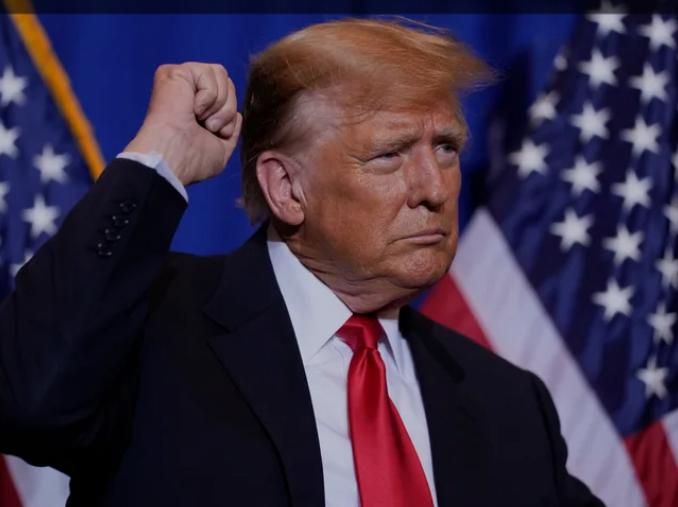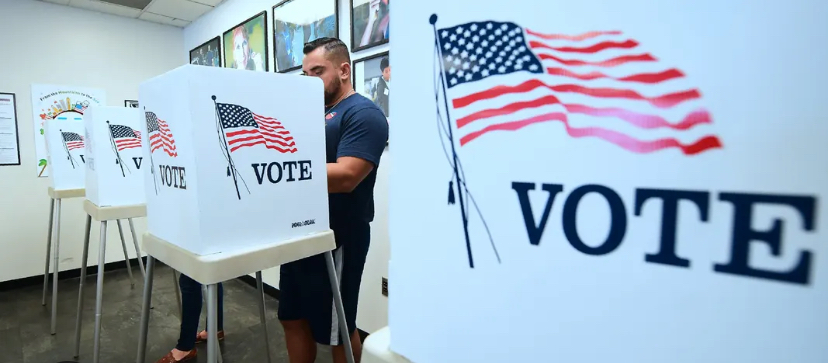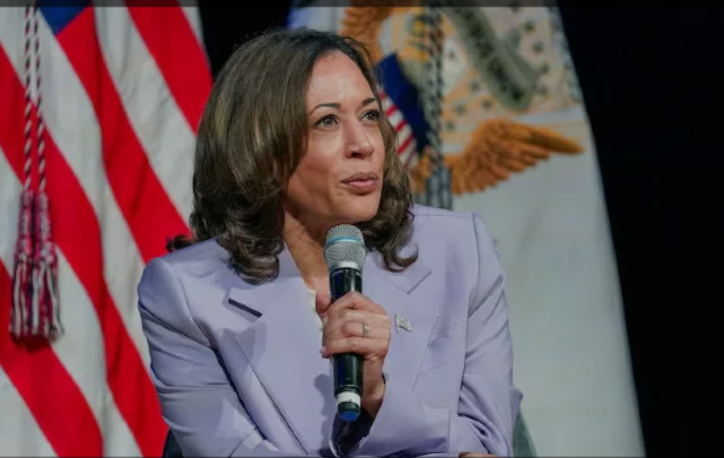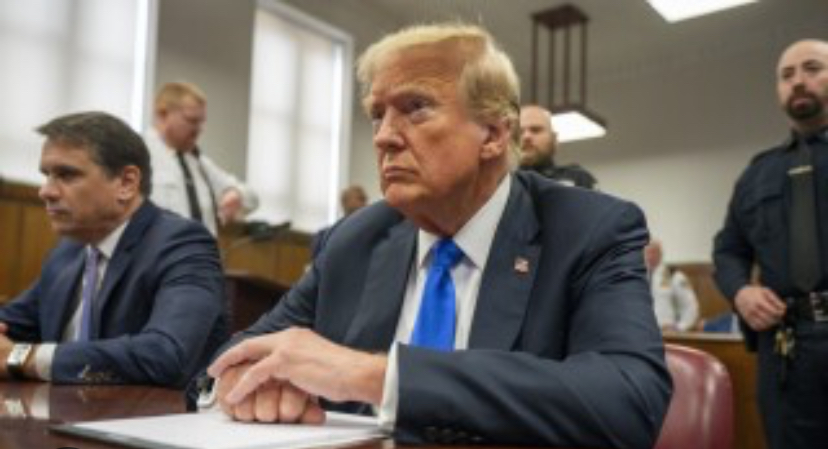
Leaders from more than 90 countries convened at a summit in Buergenstock, Switzerland, aiming to forge consensus on ending the war in Ukraine. Hosted at Ukrainian President Volodymyr Zelenskiy’s initiative, the summit excluded Russia, which dismissed it as futile and proposed alternative solutions remotely. Key absentees included China, underscoring divisions in global participation.
The draft declaration, seen by Reuters, labels Russia’s actions in Ukraine as a “war,” a term Moscow rejects, and advocates for restoring Ukrainian control over critical infrastructures. However, tougher issues like Ukraine’s NATO membership or troop withdrawals remained unaddressed.
While Austrian Chancellor Karl Nehammer noted potential disagreements over wording that could prevent unanimous agreement, he emphasized widespread international support for ending hostilities. Leaders including U.S. Vice President Kamala Harris and German Chancellor Olaf Scholz voiced condemnation of Russia’s invasion, rejecting territorial demands as conditions for peace.
The summit sought to designate Saudi Arabia as a future host for follow-up talks, although specifics remained uncertain pending Russia’s potential involvement. Ukrainian Foreign Minister Dmytro Kuleba expressed readiness for future dialogue with Russia under conditions that preclude ultimatums.
Despite criticisms and internal challenges, Zelenskiy praised the summit for highlighting global solidarity with Ukraine, emphasizing the need for continued international support amid ongoing conflict resolution efforts.


